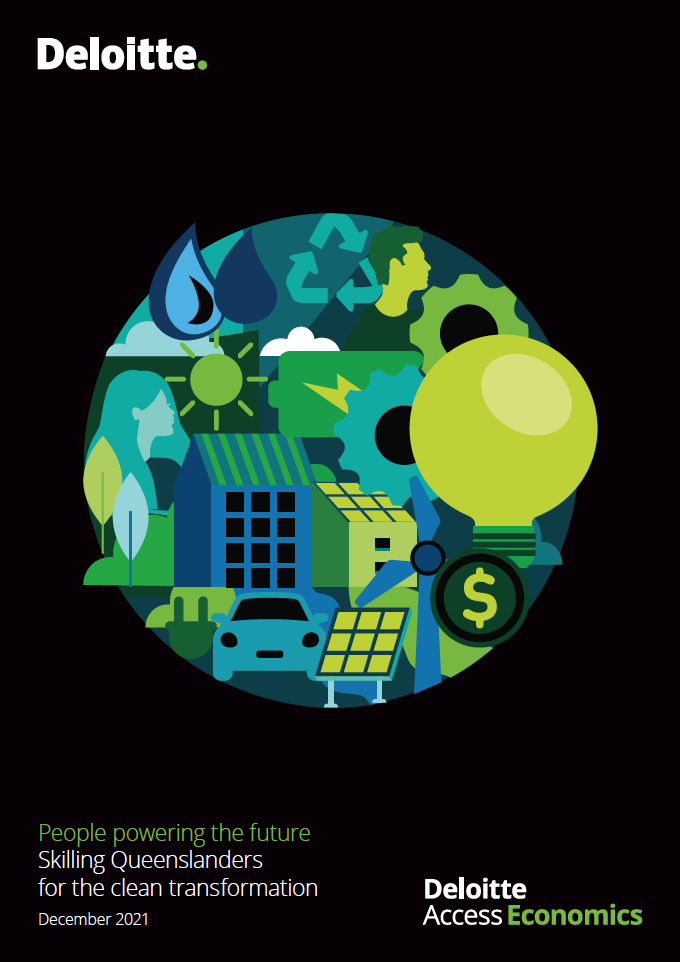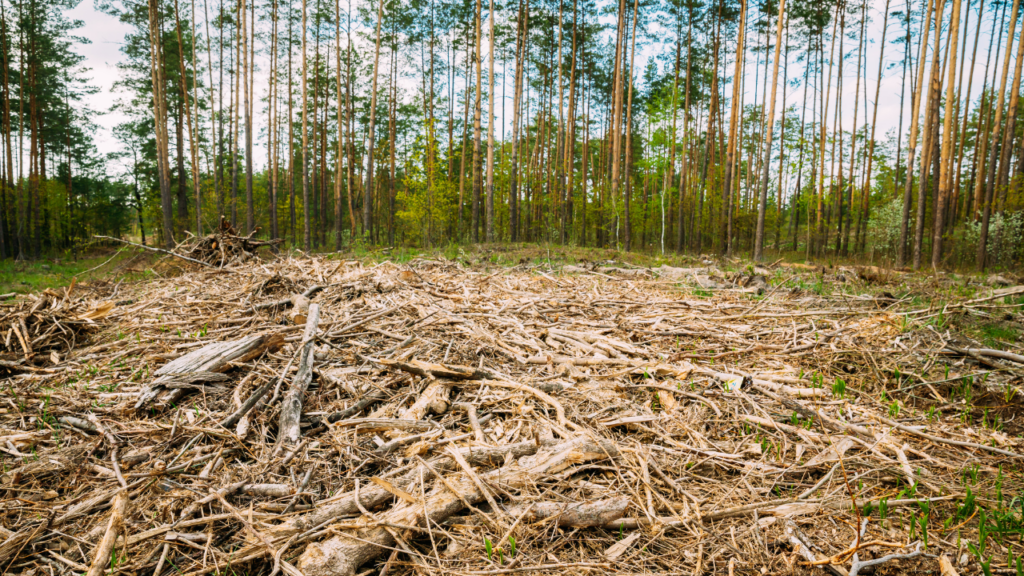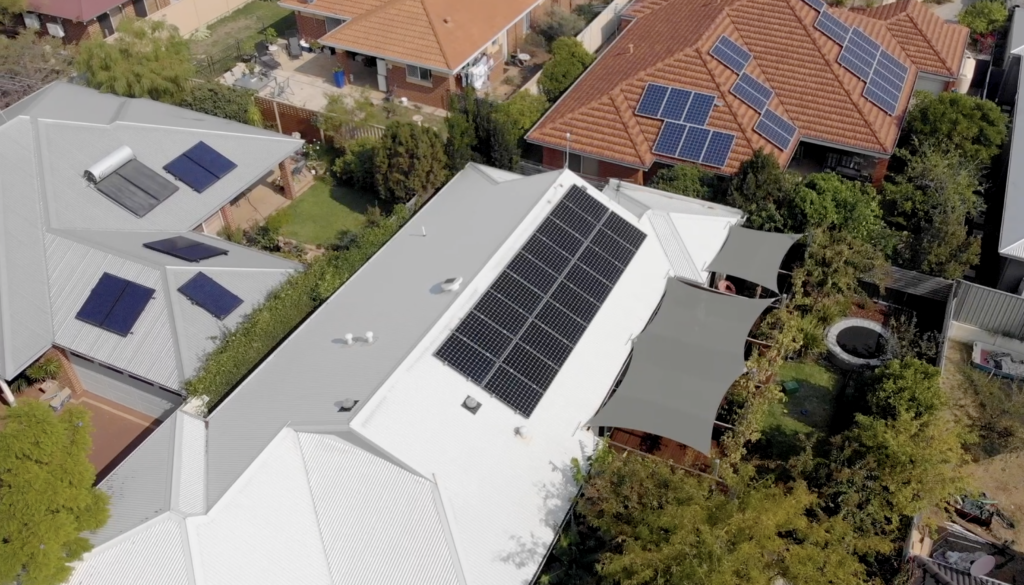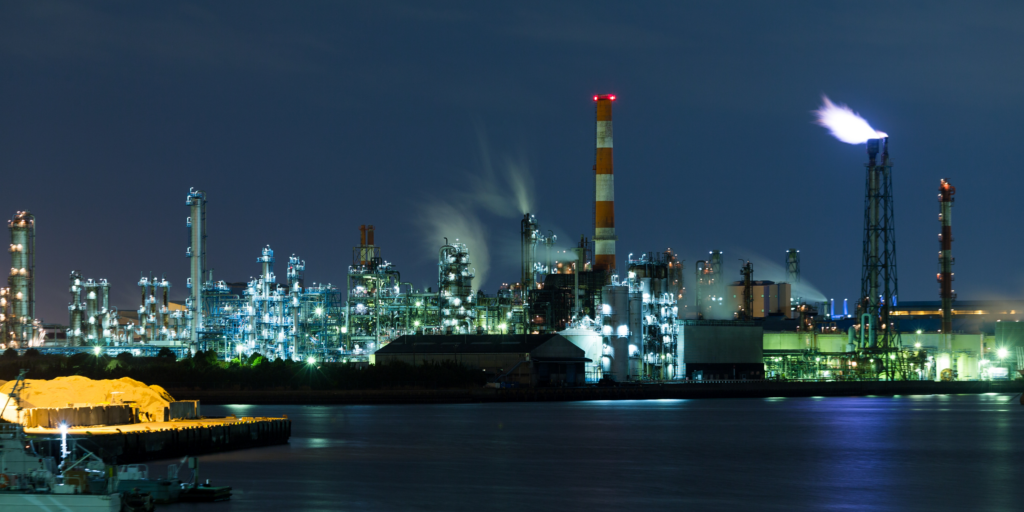Climate action is an economic necessity for Queensland. More than 80% of Australia’s trading partners are committed to reaching net zero, which means customers for our fossil fuel export are drying up. As a state with a large export economy, Queensland must be wary of investing in products to sell that the world no longer wants.
But the opportunities of a clean economy are huge for Queensland – from green hydrogen to renewable energy generation to critical minerals mining – economic growth and new jobs are available if we get the pace and scale of transition to net zero right.
To model what the transition looks like for workers and the skills needed in Queensland’s clean economy, Climate Council commissioned Deloitte Access Economics to produce a new report: ‘People Powering the Future – Skilling Queenslanders for the Clean Transformation.’
Key findings:
There is an unprecedented opportunity for Queensland to set up its workforce to take advantage of the global shift to a low emissions future – the state economy could be 7% larger and create new jobs.
- If the net zero transformation of Queensland is managed well then the state economy could become 7% larger – a $780 billion economy – with a workforce employing over 3.6 million Queenslanders by 2050.
- If the economic transformation is planned early, every region in Queensland will benefit from new jobs and economic growth.
- North Queensland, Central Queensland and South-East Queensland are the fastest growing economies under this scenario. In Central Queensland alone, employment in the clean electricity sector is expected to grow 7.8% every year until 2050.
- Demand for clean economy jobs is forecast to grow 2.5% on average each year between now and 2030, and these jobs make up three quarters of the top growing occupations in this decade.
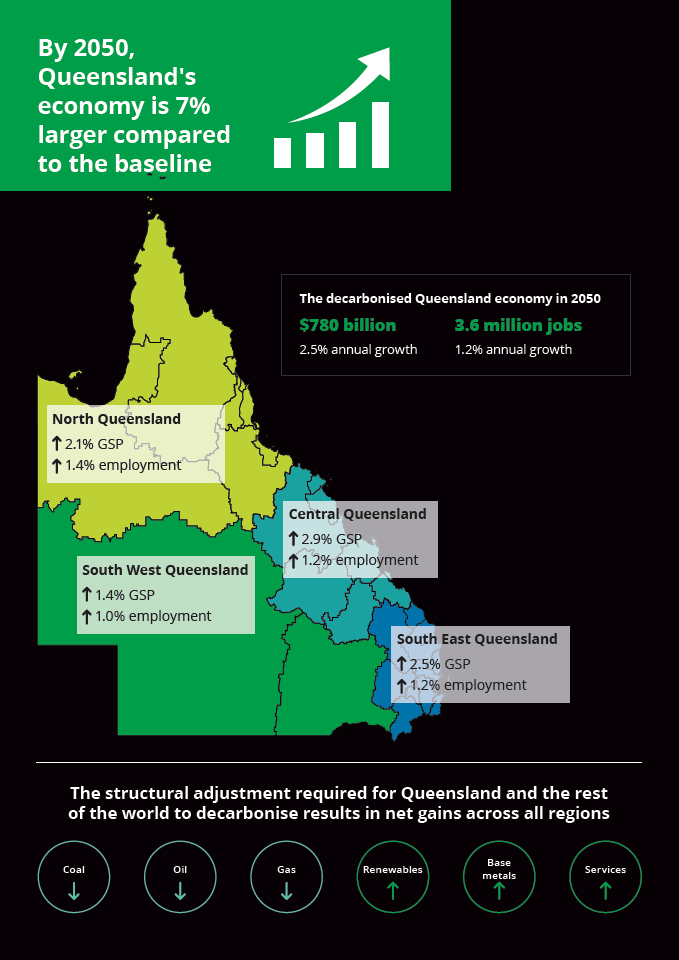
Most workers today will be in demand as the Queensland economy transforms to net zero, with pathways available for workers needing to switch roles, or industries.
- Most workers in Queensland won’t be directly impacted by the economic transformation underway due to decarbonisation. The tasks performed by teachers, nurses, retail workers and small business owners, for example, won’t materially change.
- The fear that decarbonisation will result in large and permanent job losses is not borne out by this research, with more than 80% of the tasks required in clean economy jobs already being performed by workers today. Diversifying the economy, and creating growth in new industries, means there will be a place for workers.
- Queenslanders whose jobs are disrupted can do on-the-job training (or a short course) to be ready for the new industries of a net zero economy. Workers have, on average, four alternative career pathways that they can immediately pursue using their current skill set.
- Workers in emissions intensive industries will be exposed to structural changes during the net zero transformation, but this doesn’t mean the demand for all such occupations will decline. For example, an electrician working in a coal mine can, relatively easily, work as an electrician in another growing industry.


